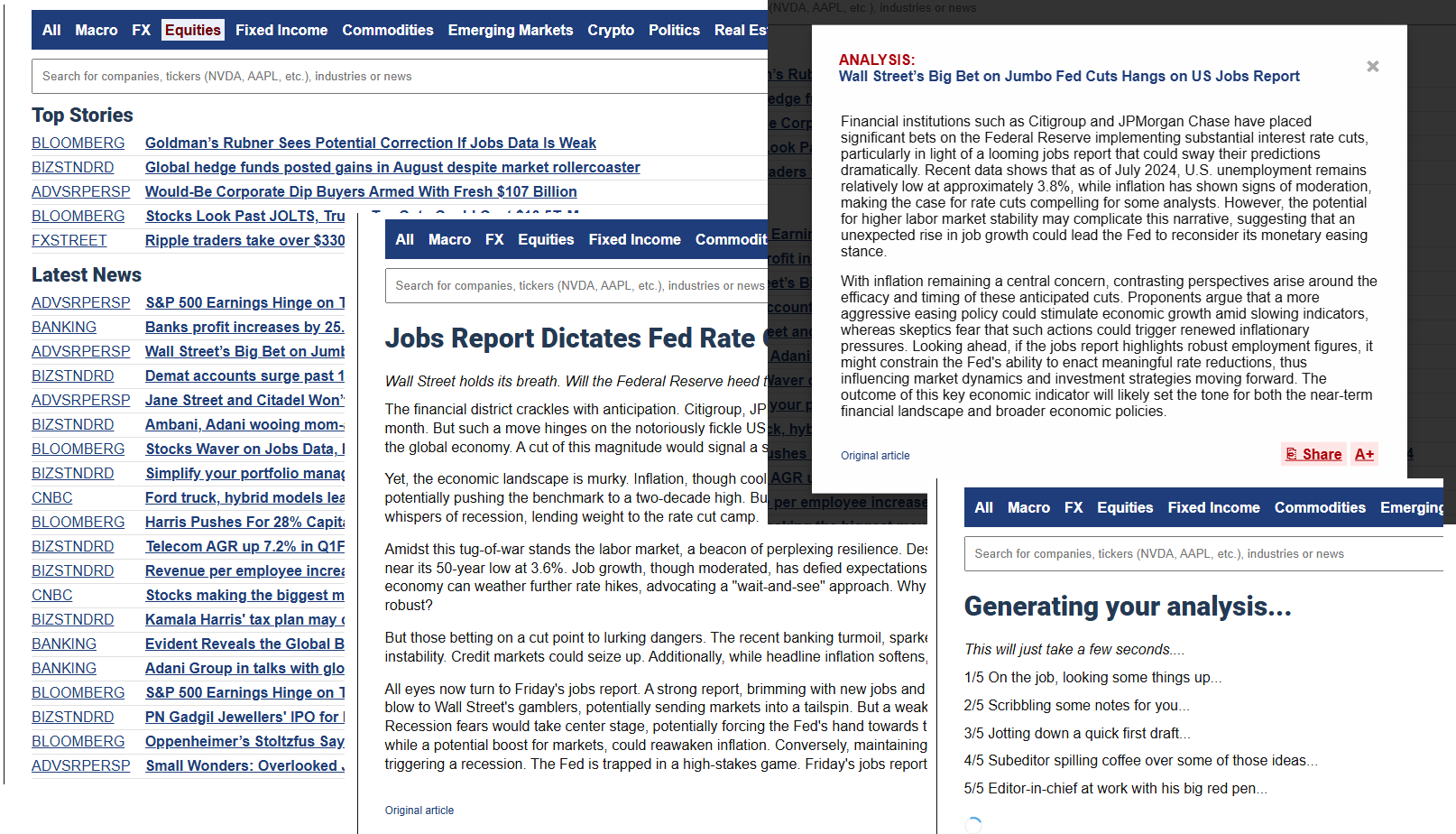Bitcoin Bulls Target 2025 as Trump Effect Looms
The financial world is buzzing with discussions about the potential for Bitcoin to break the $80,000 mark by 2025, driven by dynamic trends in the derivatives market. This optimistic outlook is influenced partly by speculation about a potential Donald Trump victory in the upcoming elections. Investors are anticipating how such a political win might alter global financial conditions, adding a layer of complexity to Bitcoin's ascent as it intertwines with geopolitical factors. The interplay between these elements underscores not only the market's speculative nature but also its vulnerability to political currents.
Simultaneously, Bangkok Bank is embracing innovation within the burgeoning virtual banking arena. Adopting cutting-edge core banking technology, it aims to outmaneuver competitors in digital finance. With substantial investments in technology and data-driven strategies, the bank is poised to redefine success standards in the virtual banking landscape. This move is part of a broader industral shift, where traditional banks increasingly transform in response to fintech advancements, ensuring they remain competitive and relevant.
In the logistics sector, Kaushalya Logistics is making significant strides by expanding into agriculture. By securing a seed transportation contract with Uttarakhand, Kaushalya positions itself strategically within the agriculture-focused logistics market, marking a notable diversification of its revenue streams. This contract not only strengthens its foothold in the sector but also sets the stage for future partnerships with governmental and agricultural entities, illustrating a successful model of sectoral integration.
In the cryptocurrency domain, ARK Invest's recent decision to offload $31 million worth of shares in Block, Jack Dorsey's company, reflects a broader trend where the stock has seen a 13% surge. Block's emphasis on Bitcoin-friendly financial solutions resonates with growing market confidence in cryptocurrencies, which continue to gain traction as viable investment platforms despite ongoing volatility.
Meanwhile, the US dollar maintains its formidable stance as a stronghold of global stability, underpinned by the resilience of the American economy. Persistent demand underscores its role as a safe-haven asset amidst geopolitical uncertainties. Analysts warn against betting against the dollar, citing the robust economic fundamentals that support its enduring strength, even as global tensions persist.
The aviation sector faces a challenging landscape, grappling with prolonged reliance on older aircraft and escalating operational costs. Resultant from supply chain disruptions and production delays by manufacturing giants Boeing and Airbus, airlines are compelled to defer expansion plans while managing aging fleets. These complications not only affect pricing strategies but also influence fleet efficiency, posing long-term strategic challenges.
In the political sphere, Vice President Kamala Harris prepares to deliver a vital address contrasting her economic vision with that of Trump, focusing on the aftermath of the January 6th events and recent economic developments. Her narrative aims to resonate with voters weary of past grievances, projecting the administration's achievements as a pathway beyond electoral turbulence.
The resurgence of nationalism presents a formidable challenge to the established neoliberal order, demanding increased self-determination from global influences. This revival is a direct response to perceived overreach by international institutions, as exemplified during the pandemic when countries like Sweden, Tanzania, and Nicaragua chose national interest over global mandates. As nations wrestle with balancing protective rhetoric and expansive global ambitions, the ongoing debate reflects broader struggles between sovereignty and international cooperation.
Historical analysis of the US Electoral College reveals its roots in slavery, highlighting how the South leveraged its economic power to amplify political influence. These historical insights continue to inform current discussions on electoral reform, emphasizing the need for a more equitable representation model within the US political system.
Across Europe, July 2024 marked a significant boost in the EU's agri-food trade surplus, reflective of robust export growth amidst lingering economic challenges. This development highlights agriculture's critical role in stabilizing the European economy, demonstrating resilience and adaptability in shifting market landscapes.
Collectively, these narratives from diverse sectors and regions underscore the intricate web of political, economic, and technological forces reshaping the global stage. From the potential six-figure Bitcoin to the rise of a new nationalism, these stories illustrate a world in flux, where traditional paradigms are challenged and novel opportunities emerge. The continuous interplay of these dynamics suggests a future where adaptability and strategic foresight will define success in an ever-evolving world.
AI-Powered trading insights: join our email list
Real-Time Market Analysis
Get instant insights on market trends, news impact, and trading opportunities.

